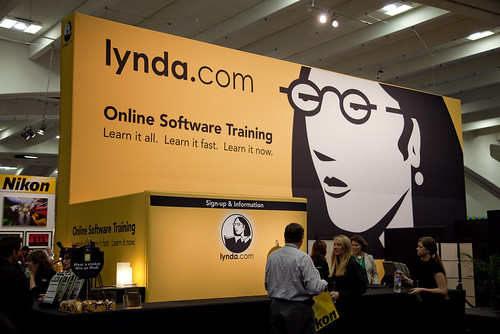Also see:
The ultimate guide to logo design: 40 pro tips — from creativebloq.com
Technology is eating your job (part 2) — For those who need more convincing — by Michelle Martin
Excerpts:
The reason I’m harping on technology so much is because for most of us, I believe this is a ticking time bomb we are trying to ignore. Most of us want to keep our heads down and just keep working, hoping that we aren’t going to be the ones displaced by a piece of software or some other form of automation.
This will be a mistake. And it will blow up in your face. You need to start thinking now about how to future-proof yourself as much as possible so that you’re more prepared for this breaking wave of technology.
From DSC:
This is truly a troubling subject. I often ask myself the following questions:
Thanks Michelle for the important posting/heads-up!
For some solutions/thoughts here, see Michelle’s posting:
Excerpt:
InDesign FX: How to create a puzzle with InDesign — from blog.lynda.com by Mike Rankin
.
.
Also see:
From DSC:
First of, when I saw the article:
Lynda.com acquires online video training rival Video2brain to boost its international expansion — from thenextweb.com
…it reminded me of taking a class with Lynda Weinman years ago out at SFSU’s Multimedia Studies Program. She relayed a lot of very valuable information in a short time. She knows how to explain things well — using helpful techniques and understandable vocabulary. She struck me as not only a creative person with a heart for teaching and learning, but she surrounds herself with people who also can effectively teach others. Our institution gives a thumbs up to this solid resource and I wish Lynda & all of the other entrepreneurs at Lynda.com all the best.

ASTD TechKnowledge 2013 Conference Backchannel: Curated Resources — from David Kelly
Excerpt:
I am a huge proponent of backchannel learning. There are many conferences I would love to be able to attend, but my budget can only accommodate one or two each year. The backchannel is an excellent resource for learning from a conference or event that you are unable to attend in-person.
Also see David’s posting:
From DSC:
I wonder…are we migrating more towards brands and products/services provided by individuals or smaller teams of people? Consider Ian Byrd’s recent announcement re: Byrdseed.TV.
Using devices like these, students of all ages might be able to take some serious field trips:
For example…implementing and leveraging such a network of remote-controlled devices*, students could:
For accountability — as well as for setting aside intentional time to process the information — students would update their own blogs about what they experienced, heard, and saw. They would need to include at least one image, along with the text they write about their experience. Or perhaps a brief/edited piece of digital video or audio of some of the statements that they heard that really resonated with them, or that they had further questions on. The default setting on such postings would be to be kept private, but if the teacher and the student felt that a posting could/should be made public, a quick setting could be checked to publish it out there for others to see/experience.
Real world. Engaging. Passing over more choice and control to the students so that they can pursue what they are passionate about.
* These mobile devices could also be hooked up to translation engines as well as to suites of web-based collaboration tools.